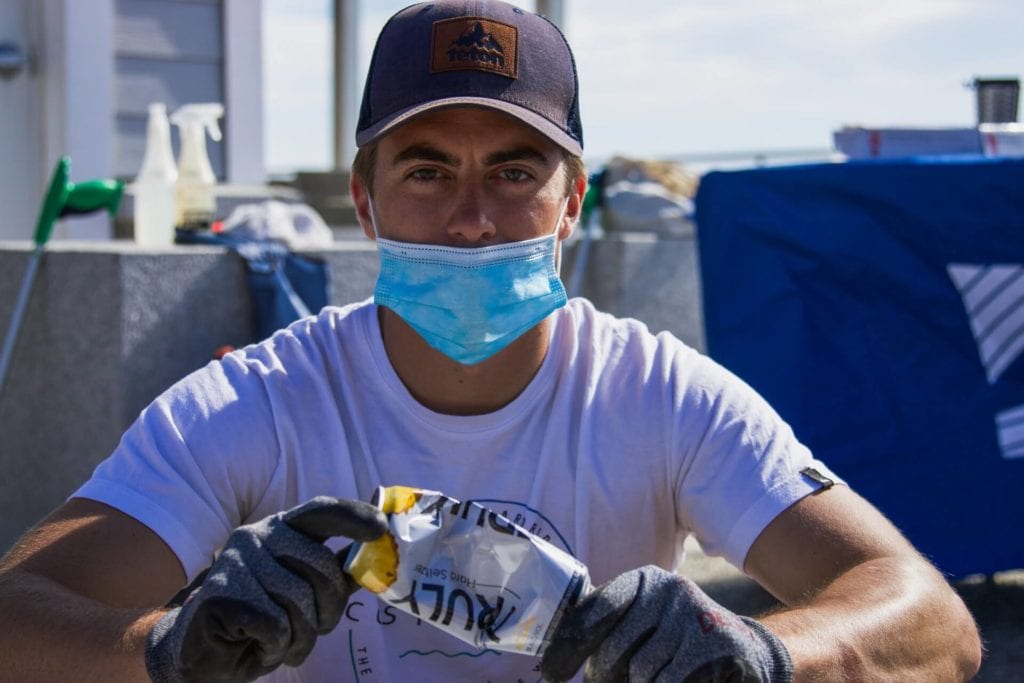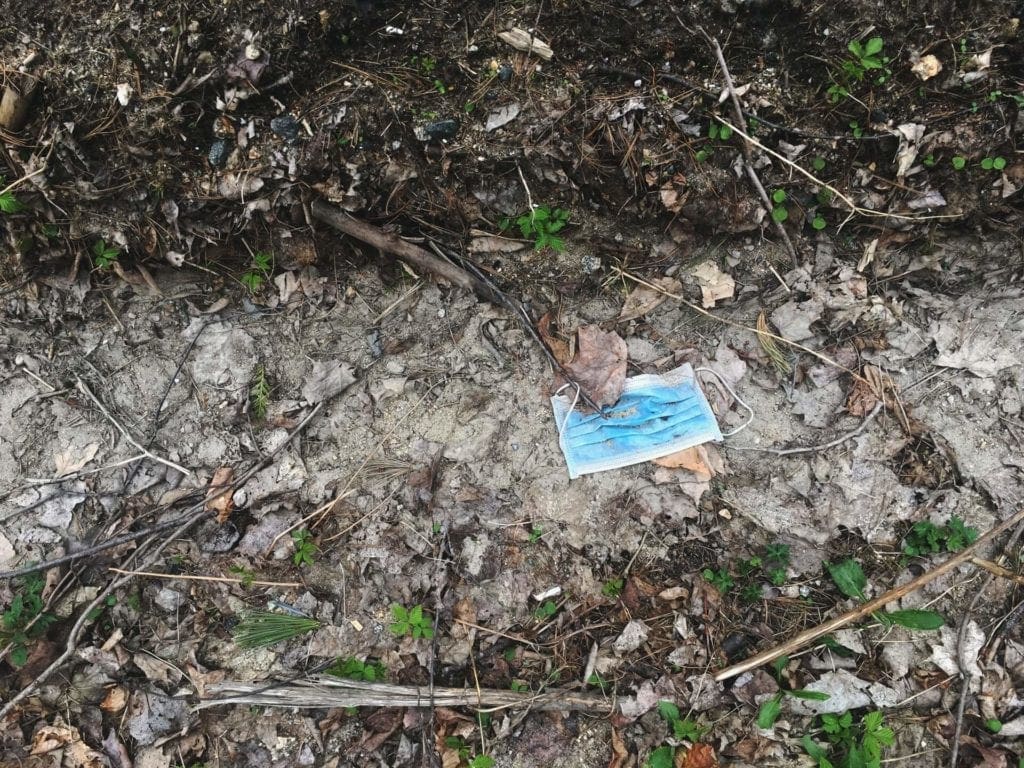Everyone was surprised by the new pandemic that spread rapidly in the entire world. And the fight with this deadly virus is not over. But while governments wanted to control the spread of the virus and imposed lockdown measures, the wildlife started thriving. Air pollution decreased, as people were forced to stay inside.

Wild animals began to appear on the streets of empty cities and the environment started breathing again. But while the biodiversity benefited the lockdown measures, the recycling industry did not. Plastic pollution is one of the most urgent and damaging problems humanity has. And it affects all life on Earth, including humans.
Staying inside and not being allowed to go out can turn to be damaging to people’s mental health. They no longer can meet with their friends, go shopping, or roam the streets of the city. And because being locked down gave people a lot of free time, some of them decided to pursue their hobbies. Or to repair and replace things around the house.
Living in a technological world allows people to order from home. The E-commerce industry is thriving and online sales have gone up and they will most likely increase. People want to protect their health, so ordering online is the safest option.
But how is coronavirus reshaping the recycling industry? Even though this industry is still developing, the impact of the pandemic is clear.
More Trash
As people started ordering online, the amount of trash increased dramatically. For example, anything someone orders online comes packed, sometimes in a lot of plastic and cardboard. The bad thing about this is those delivery companies are not so aware of the impact of plastic pollution on people’s and wildlife’s health.
Some of this trash is not recyclable, and the so-called “delivery trash” increased in amount dramatically during the lockdown. And it will most likely increase because even though quarantine measures are being lifted, people will want to protect their health and families. So, they will continue to order online.
At the same time, while staying inside, many people began to eat and drink more. They used and ordered more things, so the amount of household trash increased a lot. Plastics, cans, glasses, cardboard boxes are just some of the products that have a high demand.
This is damaging both for people’s health, but also for the biodiversity that exists on Earth. Approximately 80% of the plastic trash ends up in landfills, and they are contaminating the Earth. It takes approximately 1000 years for a plastic bottle to decompose, but only 12 minutes to produce one. In 2017, there were one million plastic bottles sold per minute in the entire world. And taking into consideration that most of them end up in landfills and in oceans, the demand for single-use plastic, plastic bottles, and other plastic things needs to decrease.
The COVID-19 pandemic forced people to spend more time inside, which allowed the biodiversity to breathe. But at the same time, it increased the number of trash people produced, and this will have a negative impact on the Earth’s health.
Fewer Recyclables
Some businesses and companies that were already active in the recycling industry thrived, as cardboard boxes and paper materials are easier to collect and recycle. For example, toilet paper companies had more recyclables than at any other time.
Unfortunately, this is only one domain in the industry that benefited from the lockdown. Recycling companies that focus on glass or plastic were severely affected. Most of these businesses were working with restaurants and bars, which are among the ones that increase the demand for plastic and glass. They also produce a lot of trash and 95% of it could be composted or recycled.
But as restaurants and bars got closed, the recycling industry suffered. Most of the companies based their activity on recycling, which was stopped by coronavirus. People lost their jobs and many companies went bankrupt.
So, one solution would be for the recycling industry to shift to household waste. Governments decide if they will open restaurants, cinemas, bars, and others again and when. But until then, they remain closed. So, the only source of recyclable materials would be people who increased their trash amount in the last months.
The recycling industry could aim to collect more of this trash and also educate people on how to properly sort and collect it. They are now the main source of trash, so instead of letting it end up in landfills, it can be recycled. And so, many businesses that base their activity of recycling and recycled materials could begin their work of saving the industry.
The Need for Education

The COVID-19 pandemic affected all life on Earth, and few were the business that thrived during the lockdown. The recycling industry was severely affected and the amount of household trash increased dramatically.
The source of the trash problem is the fact that the demand is increasing slowly over the years. The problem is that there is a need for education on topics such as pollution, climate change, global warming, single-use plastic, and many more. And the recycling industry, one of the industries that know the pulse of the world could begin educational campaigns.
They could start educating people on how to reduce their plastic waste, how to upcycle the waste, how to compost or select the recyclable materials. There is a need for education on environmental and sustainability topics.
Especially during these times when people need to use personal protective equipment which mostly ends up in landfills, in nature, on the streets of cities, and so on. Adopting environmentally-friendly and sustainable habits is important both for humans and for the Blue Planet.
Conclusion
Coronavirus affected all life on Earth. While people were forced to spend time inside, wildlife thrived and air pollution decreased. At the same time, people ordered more online, so the amount of delivery trash is higher than before.
The recycling industry was severely affected, especially because their main providers of recyclables, such as restaurants and bars, got closed. They need to shift their activity to household waste and design educational campaigns that aim to reduce the plastic demand.


